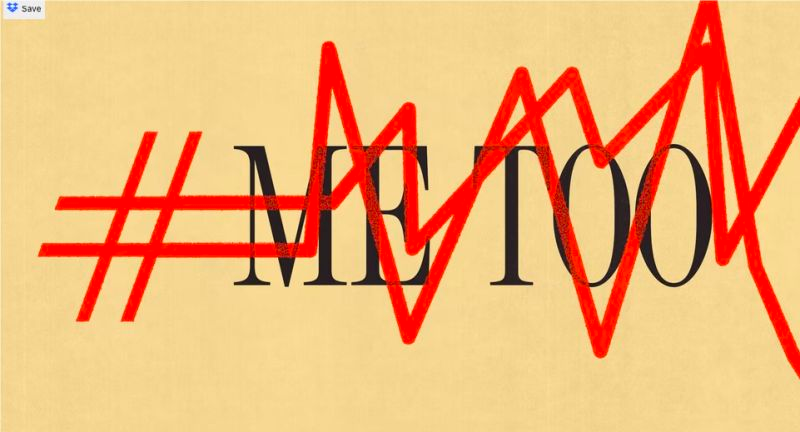Thoughts on sexual harassment in academia & what it will take to fix it.
- Jason Thatcher
- Dec 29, 2022
- 2 min read
A closet qualitative analysis.
The Atlantic published an insightful article about sexual harassment in Economics. It features Jennifer Doleac who has elevated awareness that discipline-wide problems persist.
The article, & Doleac's effort, led to a couple of conversations with scholars about harassment in my field.
Note that these were part of IRB-approved research; however, these were authentic conversations, that I paraphrase here.
There was a clear bifurcation in the conversations with senior faculty & early career scholars.
Senior faculty felt that the issue was not problematic as in economics. The senior people identified as male & female. They felt that perhaps our field had fewer issues because it was younger.
Early career faculty felt that the issue was pervasive in Information Systems, esp. at conferences. The younger people identified as male & female.
The early career faculty reported a need for more leadership because substantial opportunities remain to improve gender equity in the field.
A primary concern was that several senior men continued to make sexual & sexist comments.
In the words of one, "we keep an eye on each other at the bar when XYZ turns up."
In the words of another, "we know XYZ seems to like a certain profile of the student; we nudge them away from him."
When queried if early career knew where to report harassment, they reported no, or they would not report issues.
When asked why they were not reporting, they expressed concerns about career suicide - male & female early career scholars worried about complaints & reputational effects.
And absent complaints, it is easy for senior faculty to discount the concerns of early career scholars.
So what can we all do?
First, we need to stop living in denial.
Sexual #harassment & #sexism persist in my discipline, #economics, & likely other disciplines.
Second, the absence of complaints does not mean all is well.
Silence seems to mean that people are afraid of reporting misconduct.
Third, listen to the early career faculty.
Harassment & sexism are about power.
Early career faculty are the most vulnerable to abuse.
We need to listen to them.
Fourth, we need safe, anonymous ways to complain.
Absent such mechanisms, the whistleblowing literature shows people rarely report misconduct.
Fifth, putting an end to sexism requires a culture change.
This starts at home, we need to change local cultures.
Disciplines will follow top schools that demonstrate a commitment to stopping harassment, in words & actions.
Because, per the article, associations have limited ability to prosecute harassers, so cultural change is up to us.
We each must be proactive in showing zero tolerance for misconduct - at home & in our disciplines.
We can build a better academy if we choose to, where everyone feels safe participating.
Link: https://lnkd.in/dcCR42Ae

https://www.linkedin.com/posts/jason-thatcher-0329764_harassment-sexism-economics-activity-7005680282179629056-i-at?utm_source=share&utm_medium=member_desktop



Comments